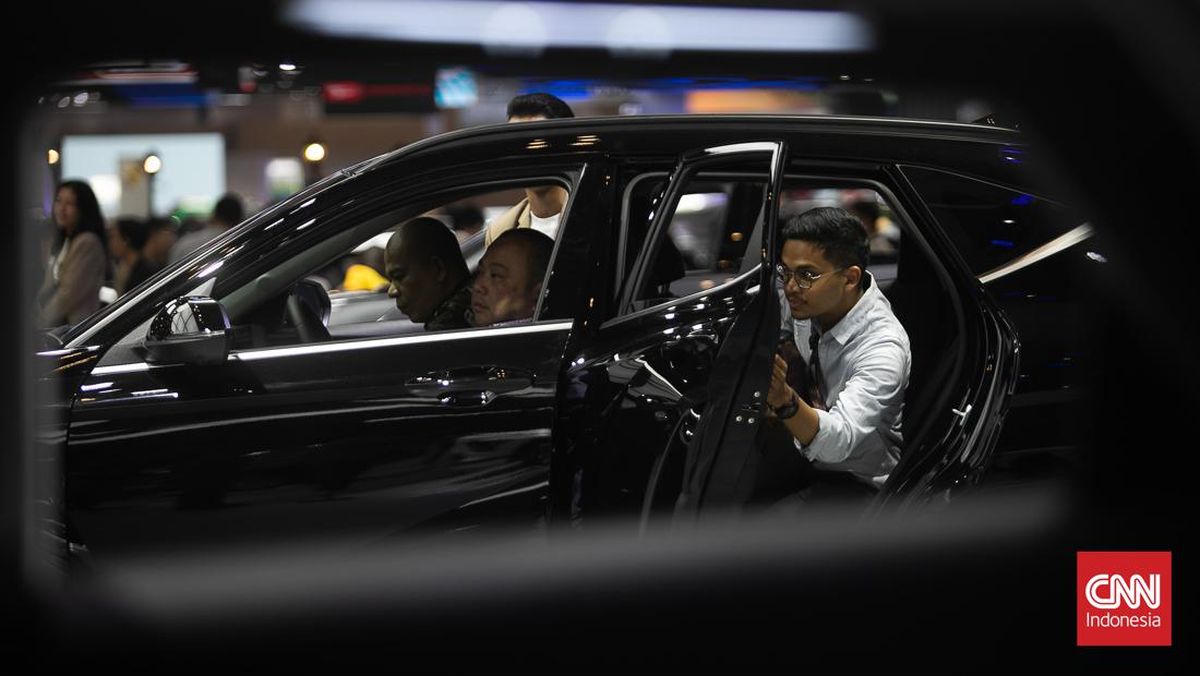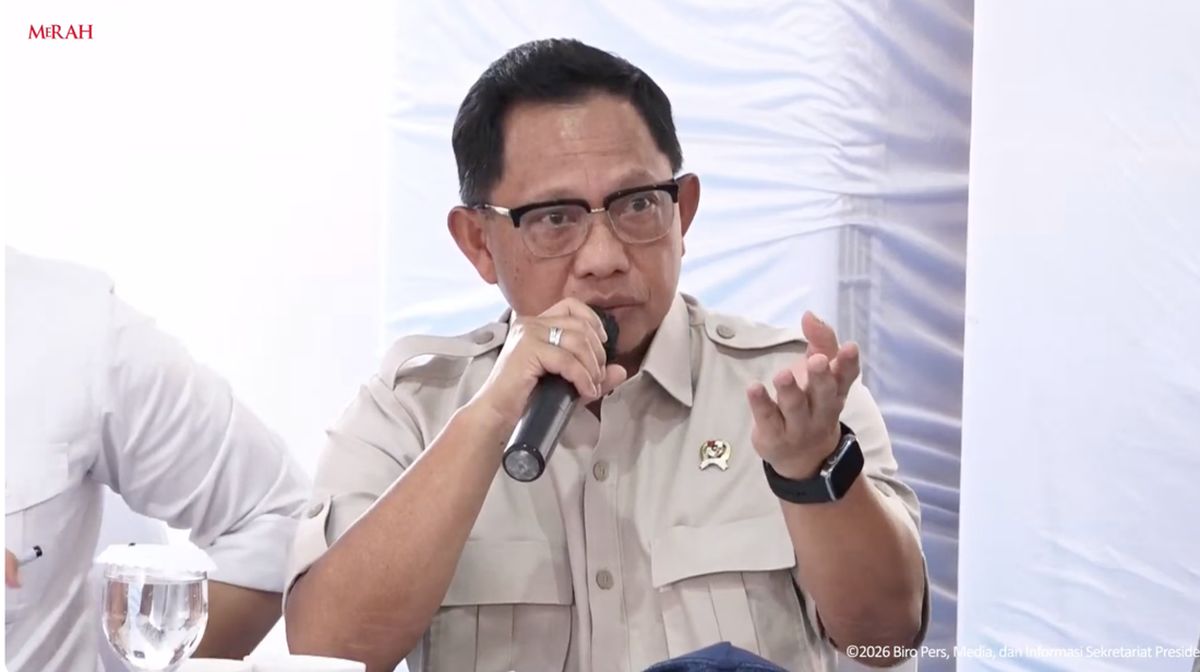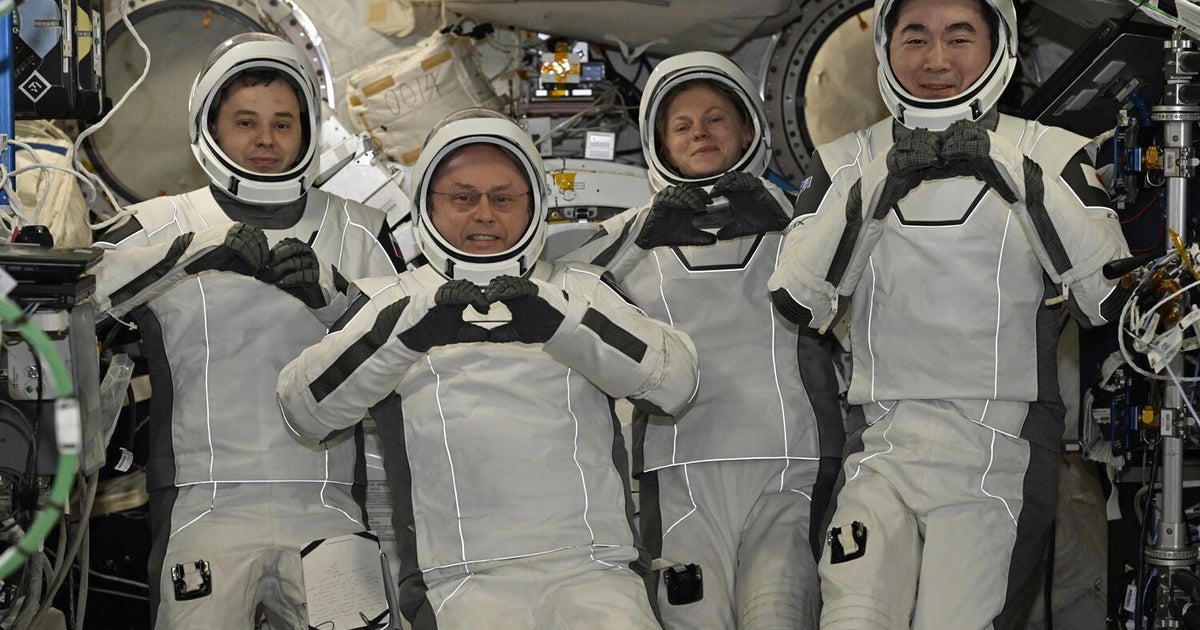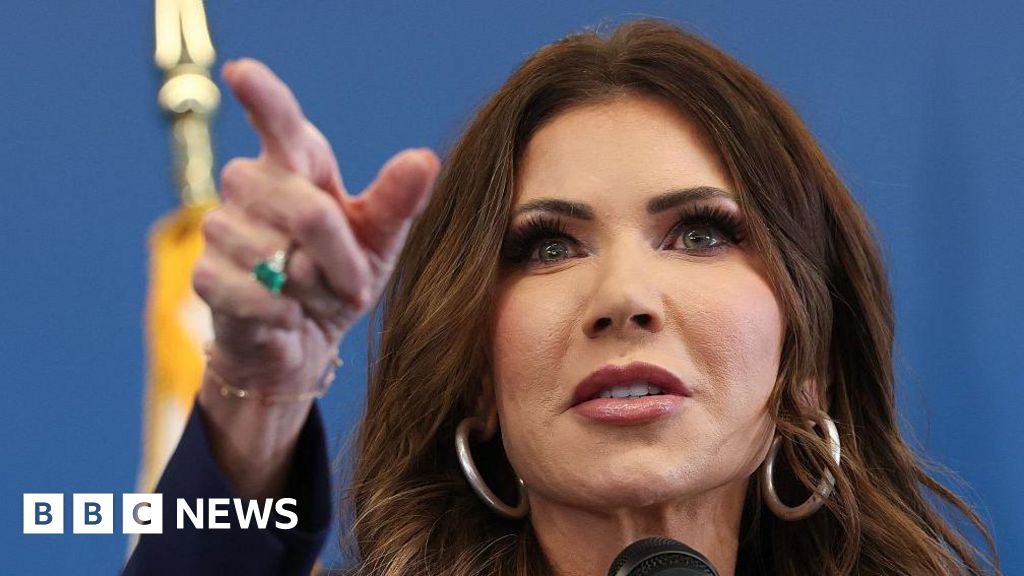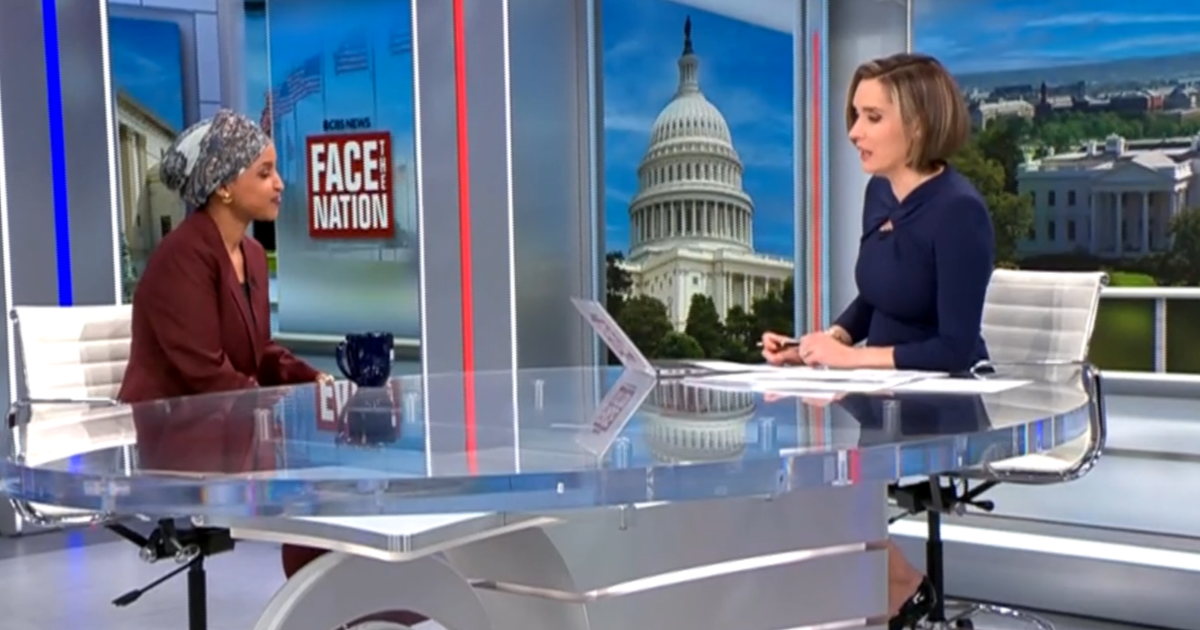Swinburne University undergraduates are landing the highest salaries of Victoria’s tertiary institutions, with the median wage among those going from bachelor-level courses into the workforce last year nearing $78,000.
For postgraduates, those from Federation University achieved the highest wages when entering the workforce last year, with a median annual salary of more than $104,000, according to the latest Quality Indicators for Learning and Teaching survey, which examines university employment outcomes and student experiences each year.
However, undergraduates in Victoria were less likely to land a full-time job in the year after finishing their degree compared with the rest of the country, the survey of 258,000 graduates, undergraduates and postgraduates found.
Just 69 per cent of Victorian undergraduates found full-time work after graduating last year, compared to the national average of 74 per cent.
The picture was brighter for those leaving the state’s universities with postgraduate degrees, with an employment rate of 86 per cent in Victoria, compared to the national figure of 87.6 per cent.
Swinburne undergraduates were also the most likely to land full-time employment in Victoria, at 74.3 per cent, followed closely by Monash University at 73.2 per cent.
RMIT and Melbourne University undergraduates were the least likely to be employed full-time, at 60.8 per cent and 59.6 per cent respectively.
Melbourne University pointed out on Thursday that its curriculum structure meant almost half of its students complete one of seven undergraduate degrees followed by a specialist postgraduate degree before entering the workforce, which skews its employment data.
“Given the Melbourne curriculum is different to the majority of others in operation currently within the Australian higher education sector, the methodology underpinning this survey makes it difficult to draw direct comparisons from the available data in this report,” Professor Gregor Kennedy said, the university’s academic Deputy Vice-Chancellor.
The national standout university for landing full-time employment was Brisbane’s Charles Sturt University, where 89.1 per cent of graduates landed a job in 2024.
Avondale University in NSW followed with 88.1 per cent.
Dr Angela Baker, education director at the Social Research Centre, which conducts the survey, said post-pandemic gains in university employment outcomes across the country had slowed but job prospects for graduates were still better than before COVID-19.
“This year’s findings suggest that the gains in employment in the post-COVID labour markets of 2022 and 2023 are starting to ease in 2024, particularly for undergraduates,” she said.
“However, full-time employment rates are still higher at all study levels than prior to 2020, and graduate salaries continue to rise year-on-year.”
Loading
The research also highlighted a stark and enduring gender gap in salary outcomes for men and women leaving university, with postgraduate men in some cases netting almost $20,000 more than their female counterparts after finishing their studies.
According to the survey, the median salary for postgraduate males studying health services and support was $19,400 more than a woman – $119,400 against $100,000.
Computing and information systems’ male postgraduates earned $115,000, compared to women on $100,000, while male engineering postgraduates earned $14,000 more than women ($114,000 versus $100,000).
But former Swinburne student Zuzanna Kaczynska is happy with her post-university outcome. The 23-year-old had not even finished her degree when she was offered a graduate position with the Queensland government.
Kaczynska has now completed a bachelor of arts, majoring in ethics, technology and computer science, and credits the practical focus of the course, including organising internships, for helping her land a job.

Swinburne University graduate Zuzanna Kaczynska is now working in policy for the Queensland government.
“There was a big emphasis on getting experiences wherever you could,” she said. “Through casual and part-time jobs, through volunteering, being involved with Swinburne University clubs, and I was part of student network leaders.”
She said the university had offered her many practical opportunities that helped her prepare to enter the workforce.
“As grads and recent grads from uni and young people, we have unique opportunity to bring a novel perspective to our workplaces,” she said.
Loading
“I would say, don’t be afraid to be bold and put your ideas out there.”
The university’s deputy vice-chancellor in employability, Professor Laura-Anne Bull, said the survey results highlighted the institution’s commitment to ensure graduates were ready for the workforce.
“Our students are better paid and better prepared, leaving Swinburne with the confidence, skills and connections they need to thrive in their chosen careers,” Bull said.
The Morning Edition newsletter is our guide to the day’s most important and interesting stories, analysis and insights. Sign up here.
Most Viewed in National
Loading



